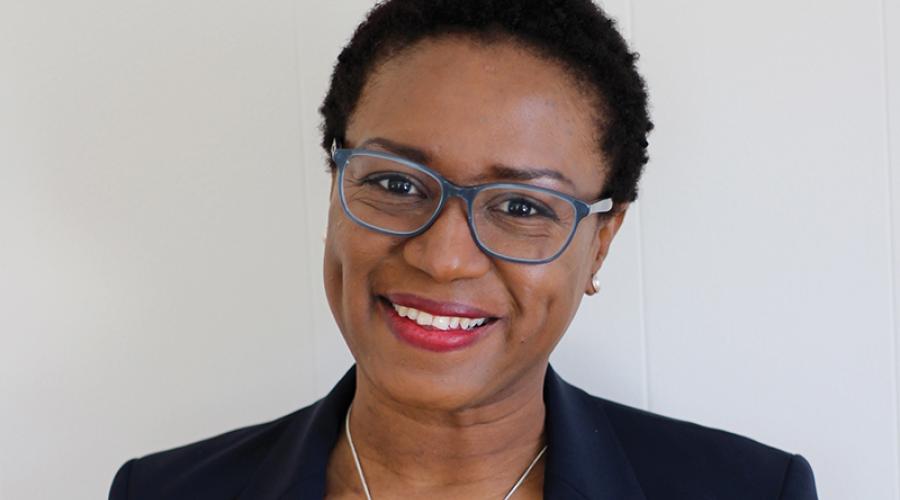
Theme Project Research
Assistant Professor Ifeoma Ajunwa, who began at ILR’s Department of Organizational Behavior this summer, has quickly defined new research befitting the school’s theme project.
Hiring has steadily become automated in past decades, and is likely to grow in the future. One of Ajunwa’s streams of research revolves around how technology-aided decision-making might ensure that the hiring process is fair and ethical for equal employment opportunity.
As part of their ILR theme grant-funded project, Ajunwa and Professor Martin Wells, the Charles A. Alexander Professor of Statistical Sciences, will conduct research to determine if automated hiring platforms have the potential for disparate impact on protected categories of job applicants.
The project will examine how hiring software works, with a focus on discovering whether the diversity and inclusion goals of the Equal Employment Opportunity Commission are met.
Ajunwa and Wells hope to then develop a template for corporations seeking to audit their own hiring and management algorithms and plan to have an active voice in making policy arguments for the better design of such software.
In a second ILR theme grant funded project, Ajunwa is also collaborating with Louis Hyman, associate professor of economic history and director of ILR’s Institute for Workplace Studies, for a “Women in Tech” conference to take place in New York City in the spring.
The conference is intended to facilitate conversation between tech and academy on gender issues in the tech economy and engage women from the New York City tech industry. According to Ajunwa and Hyman, best experiences gleaned from academic research can help inform better corporate policies to recruit and retain women in the tech field.
With growing concerns about gender discrimination and sexual harassment at large firms as evidenced by recent major headline news, more insight is needed on how the tech sector can work to create equitable and supportive workplaces for women, Ajunwa said.
As a goal for the conference, Ajunwa and Hyman hope that the development of new networks among women working in tech, as well as the dissemination of academically rigorous research on advancing women tech workers and leaders, will help enable the retention of more women in the leaky tech pipeline.
The two projects were funded in the first set of round of grant submissions for ILR’s theme project, “Technology and the Evolution of Work.” To learn more about the theme project, visit http://www.ilr.cornell.edu/about-ilr/theme-project.


